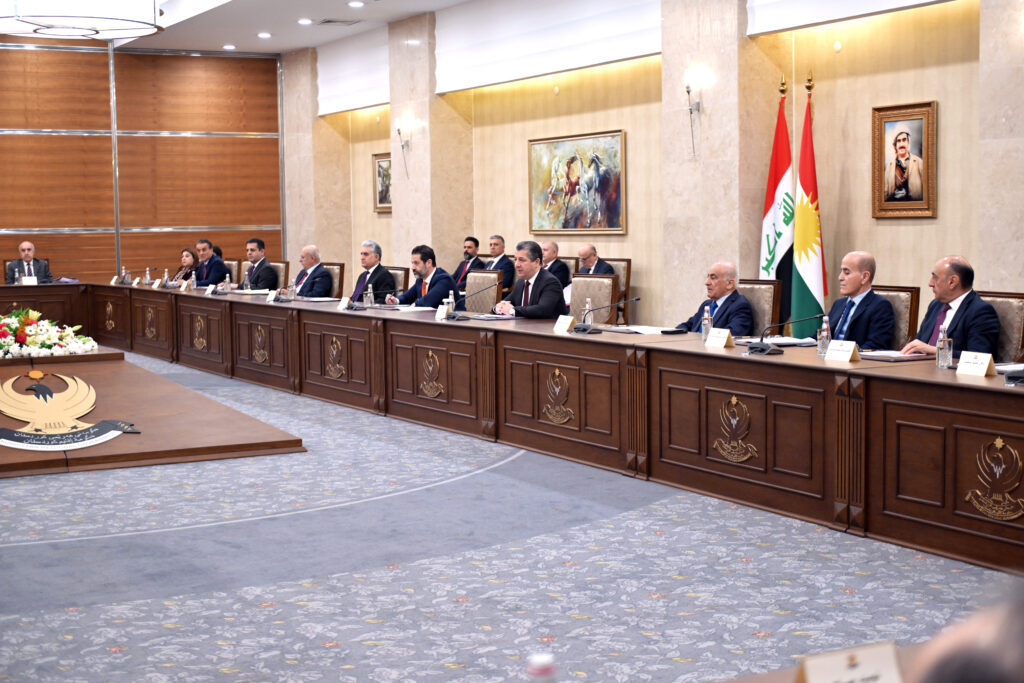What's next for Turkey in Syria?

The fall of Bashar al-Assad’s government in Damascus in just a matter of days was not entirely a surprise for Ankara.
The Syrian military had been offering little resistance, and senior Turkish officials had long seen Assad’s downfall as inevitable. However, no one predicted that the collapse of the Syrian government would happen so rapidly.
Turkish officials last month had only permitted a limited operation by Syrian armed opposition groups aligned with Hay'at Tahrir al-Sham (HTS) to exert pressure on Assad and his Iranian allies.
Yet, they did not anticipate the sudden capture of Aleppo. The primary reasoning behind this operation was the repeated attacks by Syrian government forces on residential areas in Idlib, which regularly drove civilians toward the Turkish border.
The timing was also ripe. Russia was preoccupied with the war in Ukraine, while Hezbollah and Iran were focused on Israel.
Additionally, the United States was in a transitional period, with President-elect Donald Trump set to take office within a month. Ankara was considering a limited operation to secure the small but strategically important area of Tal Rifaat while HTS launched its offensive.
However, what began as a limited operation quickly escalated into a significant campaign, resulting in the capture of entire cities in just 11 days. This development has positioned Ankara as the most dominant force in Syria.
Since the offensive, Turkey has repeatedly called for dialogue between the Syrian government and opposition forces, emphasising the need to preserve the state’s institutional structure.
HTS leader Ahmed al-Sharaa, better known by his nom de guerre Abu Mohammad al-Jolani, has thus far maintained the Syrian government’s administrative framework, including its prime minister and state institutions, while pledging to respect all sects. He has extended overtures to Russia and allowed Christians and other minorities to remain in cities unharmed.
A pivotal role
Khaled Khoja, the former president of the National Coalition for Syrian Revolutionary and Opposition Forces, believes Turkey has played a pivotal role from the outset of the operation.
“It’s a very sterile revolution, so to say,” Khoja told Middle East Eye. “From the launch of the operation to the local practices, Turkey’s influence is evident at every step.”
Turkish President Recep Tayyip Erdogan in October famously said that "there would be soon good news" that would ensure the security of Turkey's southern borders.
Khoja credits Turkish Foreign Minister Hakan Fidan and other senior officials with skillfully bringing Russia into the fold of a new Syria.
He notes that many of Jolani’s actions - such as establishing a transitional government and promoting national peace and reconciliation - mirror concepts the Syrian opposition had discussed in workshops involving Russian officials for years.





